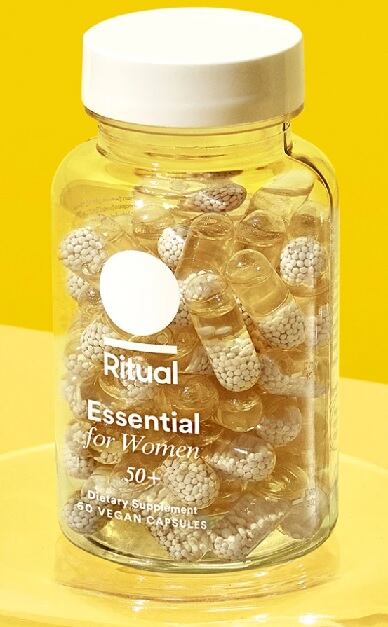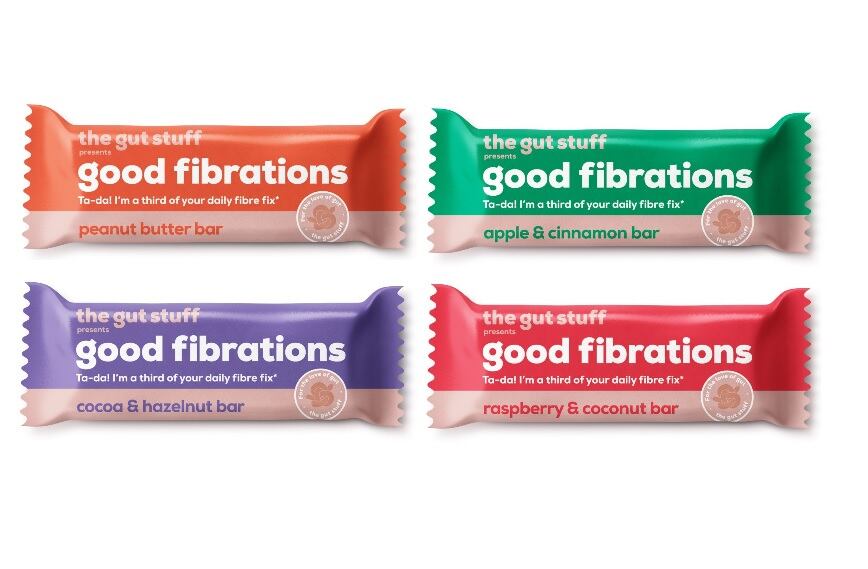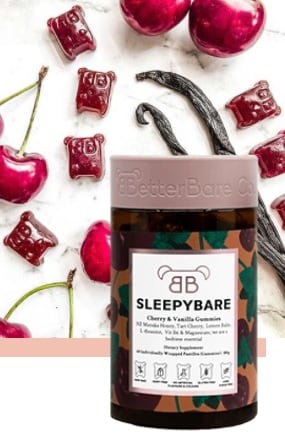This industry is well-aware that the pandemic has increased consumer interest in health food and supplements across the globe with the functional food category tipped to be worth $229bn by 2027 (Research and Markets 2020) and the global dietary supplements market expected to reach $272.4bn by 2028 (Grand View Research 2020).
But today's consumer wants far more from their purchases than a basic promise of 'health' according to Mandy Saven, Director of Consumer Lifestyle, at Stylus.
In a virtual presentation given as part of Vitafoods' online agenda last week, Saven outlined three of the key trends shaping today's functional food landscape - Nutritional shielding, the immunity imperative, and mainstreaming mood food - and exemplified these with some of the startups and product innovations tapping into these trends.
Nutritional shielding
She pointed out that consumers are responding to brands that adopt a 'food-first strategy' to health positioning themselves as brands that works to fill nutrition gaps in modern diets.

Some success stories in this space including the US startups '8greens' which sells supplements containing eight sources of greens, and Ritual, which builds its proposition around product integrity, promising to offer nutrients often lost in the cooking process.
"Vitamin brands are leaning on the fact the nutrient quality of today's foods may be compromised by farming methods and they are framing their products as antidotes to these shortfalls," Saven explains. "This always comes back to using the cleanest and most authentic ingredients."
One example of this sort of positioning is the Brooklyn-based snack bar brand named Slow Up which sells snack bars with ingredients that a so fresh, the bars have to be retailed in fridges.
This interest in natural, fresh, clean ingredients has contributed to growing interest in botanicals, with 51% of Brits believing that these can have medicinal benefits (Mintel 2020).
Saven says this trend is transforming the kitchen pantry into a place for home-grown healing solutions.
"The pandemic has turned our homes into health's next frontier and the kitchen store cupboards are even becoming havens of healing so tap into the consumer desire for DIY remedies and enlighten them with facts and helpful context to make their efforts really worthwhile."
The immunity imperative
The heightened interest in immunity during the pandemic became very clear when looking at conversations on social media. In fact, Saven points out use of the hashtag 'immunebooster' on Instagram increased by 46% between April and May 2020 (biomedcentral 2020).
Google trends data also shows that searches for the combined terms 'food' and 'immune system' sky rocketed by 670% between February and March 2020.
In line with the discourse, interest in immune system supporting food and supplements has rocketed, with huge amounts of innovation across the globe.
Saven gives the example of the Immune Shrooms powder launched by New York-based brand Wylde One. The products promises a "powerful, synergistic combination of immune-boosting mushrooms & adaptogens to help strengthen and protect your immune system, fight inflammation, and boost gut health & skin health."
Interest in gut health supporting products has also flourished as consumers think more holistically about their immunity and awareness of the gut-brain axis helps consumers understand the link between the microbiome and sleep health.
This has led to booming sales of fermented food and drink across the globe, according to Saven, with kimchi seeing a 952% YOY spike, sauerkraut jumping 960% in the US last March (Bloomreach 2020), and the Texan prebiotic soda brand Poppi saw a 531% growth in sales last year.
And as fibre gains its share of the gut health spotlight, the fibre supplement market is projected to double from $4bn in 2018, to $8bn by 2026 (Globe Newswire 2019).
Some startups in this space include Bonny, the prebiotic fibre supplement brand with powders that provide a quarter of the daily recommended fibre intake per 10g serving, and The Gut Stuff's 'Good

Fibrations' fibre-filled snack bars.
Saven says The Gut Stuff's branding is a "master class in making an unsexy topic look polished and inviting".
One huge topic within this immunity imperative trend is sleep, as consumers become more aware of the importance of their sleep to the function of their immune systems. This also feeds into the third trend.
Mainstreaming Mood Food
It's well established that consumers became far more conscious of their mental health during the pandemic. In fact, 82% of global consumers identify mental health and emotional health as equally important to physical health, according to IFT (2020).
This has been especially the case amongst the younger cohort. Glanbia reported in 2020 that mental health was the top health benefit of interest amongst supplement users ages 18-34 in the UK and US.
With this, interest in adaptogens has ramped up and online searches for 'adaptogens' increased by 85% YOY in Nov 2020 (Tastewise 2021).
Many startup companies have tapped into this trend by utilising one of the better known types of adaptogen - mushrooms. The UK-based medicinal mushroom infused non-alcoholic beer brand Fungtn was one of the first to get its feet under the table with its healthy alcohol replacement.
Saven says there are a range of other medicinal herbs gaining traction, with 61% of consumers interested in trying ashwagandha and 66% of UK consumers interested in trying Rhodiola.
"Looking to other remedies, the most popular botanical ingredients for improving sleep globally are jasmine, lavender, dandelion, chamomile and ginseng as well as melatonin, magnesium, valerian and lemon balm.
"Brands, of course, are keen to get in on this slumber party."
For example, Australian brand Better Bare sells a range of functional gummies, including a 'sleepybare' gummy with tart cherry, lemon balm, l-theanine, vitamin B6, magnesium, and manuka honey.

And thanks to this interest in ingredients which promote feelings of calm, Saven says CBD has held firm during the pandemic with women driving growth at double the rate of male consumers (CBD Ecke 2020).
This has led to the launch of female-focused CBD brands such as Martha Stewart CBD which sells a range of soft gels, gummies, and oils all in flavours inspired by French patisserie.
In conclusion, Save says savvy brands will 'fine tune functionality' to provide very specific health benefits which fit into the holistic health mindframe.
"Specific functionality will drive future product innovation and find permanence in the lives of busy consumers so it's important to be clear, be directive, and be honest about your product's benefits.
"Consumers are linking lifestyle behaviours like diet and sleep regimens with mental and physical wellbeing so innovate with a bird's eye view of all the important wellness factors in consumers' lives."


